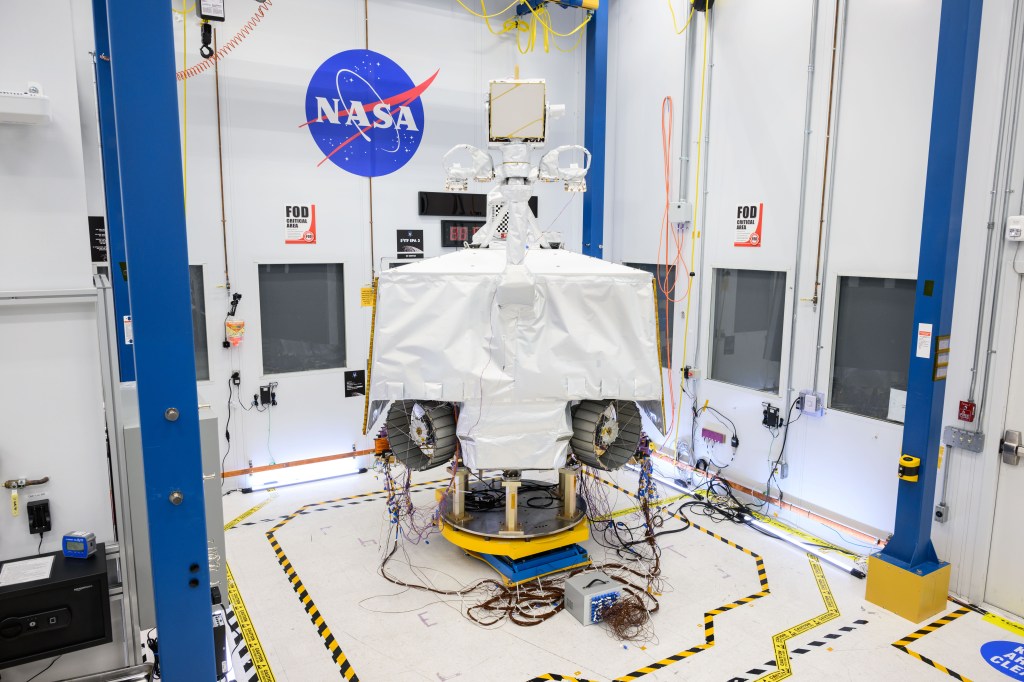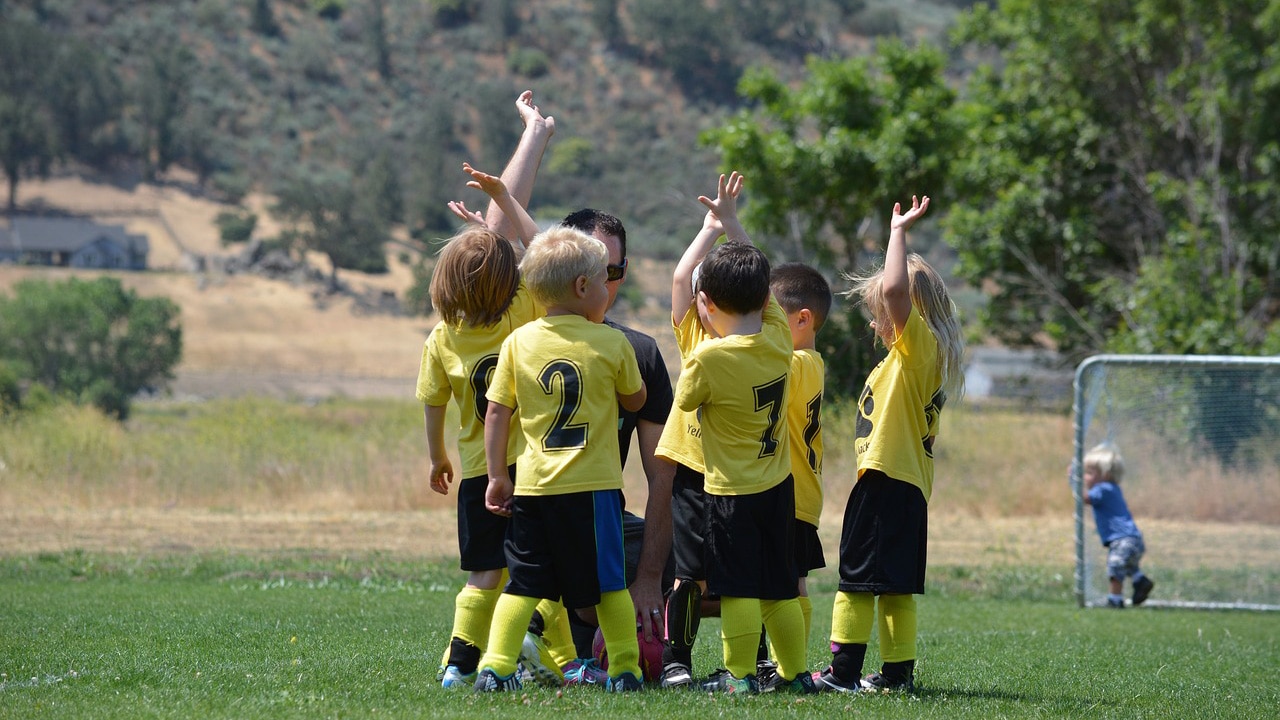
What’s the difference between asteroids, comets and meteors? These space rocks each have their own unique attributes. But differences aside, these fascinating objects are all worthy of study. Just ask “>NASA JPL scientist Ryan Park and he’ll agree.
Well, they’re all planetary objects orbiting the Sun. An asteroid is a small, rocky object and when seen in a telescope, it appears as a point of light. Most asteroids are found in a ring between the orbit of “>Mars and Jupiter called the asteroid belt.
Some asteroids are round, some are elongated, and some even have a satellite. A comet also orbits the Sun, but unlike an asteroid, it’s composed of ice and dust. So, when a comet gets close to the Sun, its ice and dust content start to vaporize. So, when seen in a telescope, a comet appears fuzzy and/or has a tail.
So, what’s a meteor? Well, let’s start with a meteoroid. A meteoroid is a small piece of asteroid or a comet, typically pebble-sized, but could be a little smaller or a little larger, and often created from a collision.. When a meteoroid gets close to the Earth and enters the Earth’s atmosphere, it’s called a meteor. And a meteor enters the Earth’s atmosphere at a very high speed. So it burns up and produces a streak of light called a shooting star. So, if you have seen a shooting star, you likely saw a meteor. And if a meteor survives the burn and lands on the ground, it’s called a meteorite.
So, what’s the difference between asteroids, comets, and meteors? Well, asteroids are rocky, comets are icy, and meteors are much smaller and are the shooting stars that you see up in the sky.
Note: This article have been indexed to our site. We do not claim legitimacy, ownership or copyright of any of the content above. To see the article at original source Click Here












